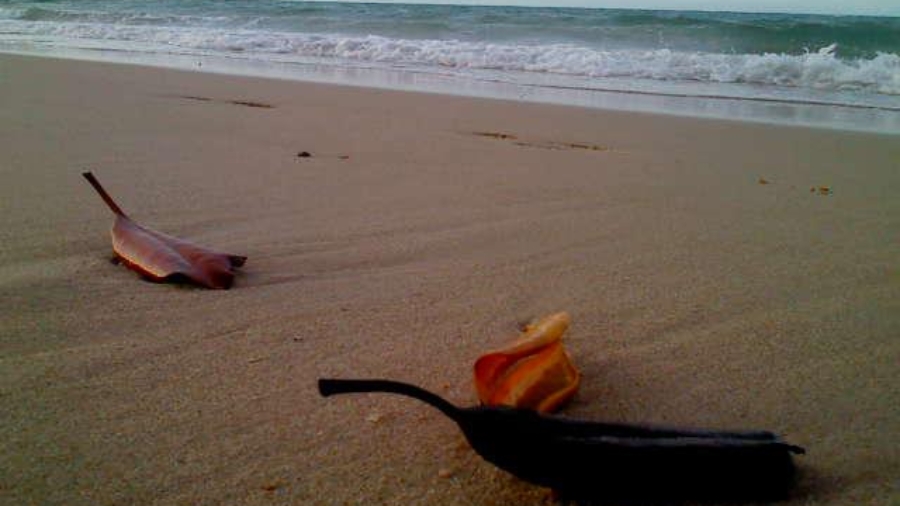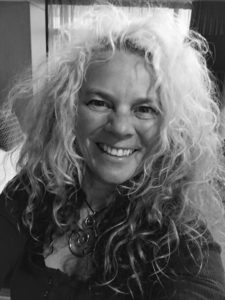Five years ago, I moved to the Nambucca Valla with a dream.
My vision was to establish a healing place in the bush, guided by the ethics of permaculture – People Care, Fair Share and Earth Care. I envisioned this as a temporary place for women to stay who were in life transitions, with a history of domestic violence or homelessness, offering an opportunity to get back on their feet and heal from their trauma experience. A place to access on-site counselling and eco-therapies to nurture mind and spirit, and access organic food to nourish the body.
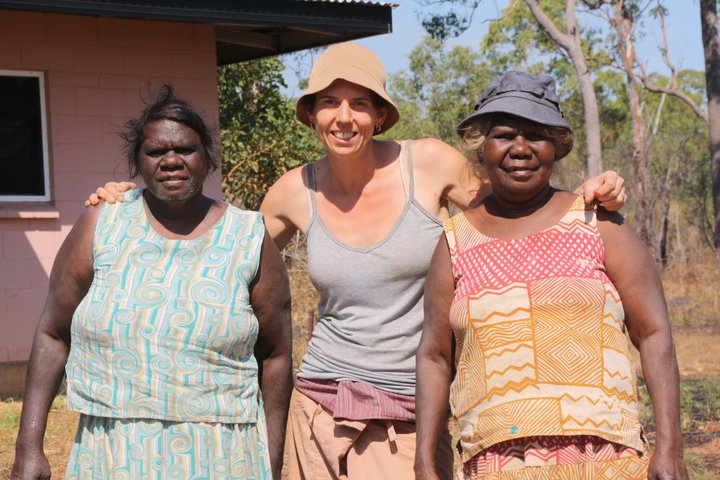
My vision was informed by over a decade working in remote Aboriginal communities of the Northern Territory. I was inspired by the spiritual knowledge of Tiwi Elders who showed me that ‘going bush is the best medicine’ for healing. I had worked alongside Elders, in addressing the effects of intergenerational trauma including family violence, child abuse and neglect. I came to appreciate the power of narrative therapy using metaphors to help people tell their stories in ways that made them stronger and connecting with the land as a form of ‘eco-therapy’.
I was drawn to finding a property from which to offer my therapeutic services in the valley around Bowraville. However, the right place never came along in those first few years and then shortly after that, we were priced out of the market.
It became obvious that my vision wouldn’t come to fruition in the Valley. This came with much disappointment and sadness.
After losing both my parents in the last three years and some other challenging issues in my extended family, I started to feel the pull back to my ‘homelands’ where I grew up on Gunaikurnai country.
In mid-2022, my husband and I laid eyes on a 50 acre farm close to Seaspray, a beach that has always held a special place in my heart for fond childhood holiday memories and where I later met my husband. When we stepped foot on that country, it felt ‘right’, like coming home. I realised I was coming full circle.
I could see my vision unfolding here, with opportunities for my clients to engage in nature-based counselling, and other initiatives. I am also keen to use my passion and skills for permaculture and regenerative agriculture, in a way that cares for the planet as well as people. Being a climate-conscious practitioner has become an integral part of my practice.
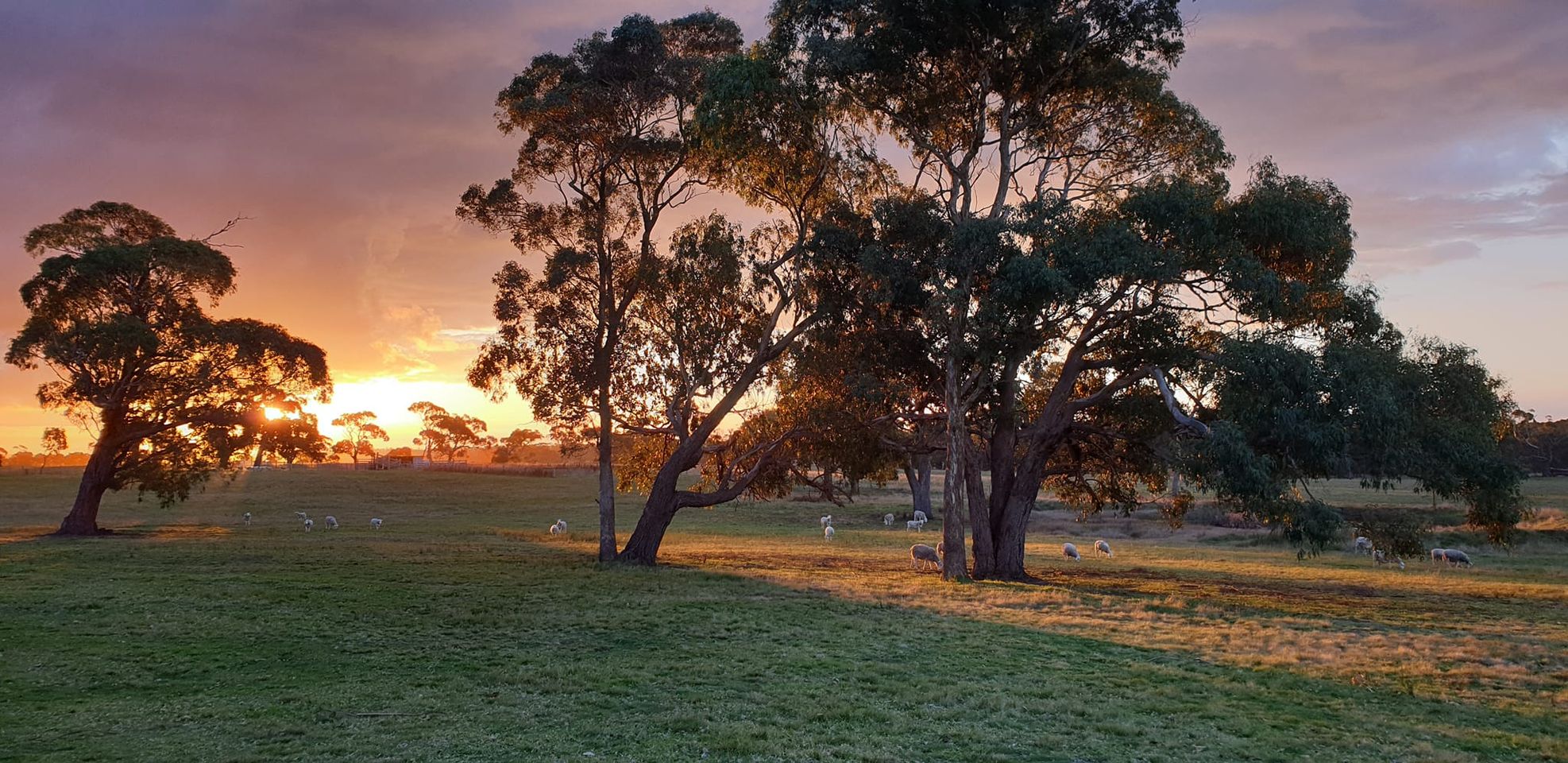
So we bought the property. Yintarini Farm will be so-named in honour of my Tiwi mentor, Elaine Tiparui who was instrumental in the development of my eco-social work therapeutic practice.
It’s mid-November. And we have now moved to Yintarini Farm, Seaspray. It’s here I will continue to operate my mental health private practice, offering counselling and eco-therapy on-country and as well as our outreach service which has been so-deeply valued.
You can continue to follow the journey of …metaphorically speaking on Facebook at Yintarini Farm.

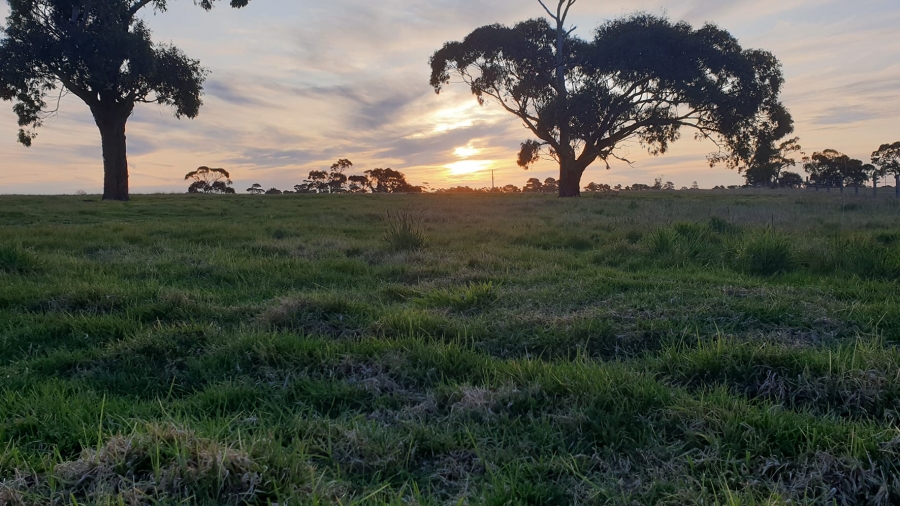
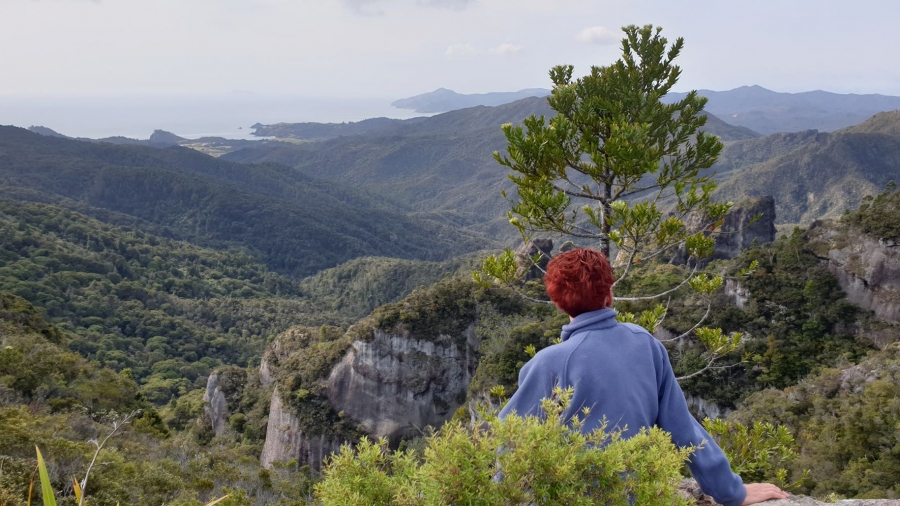
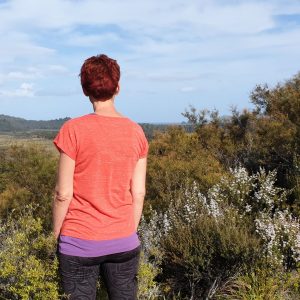
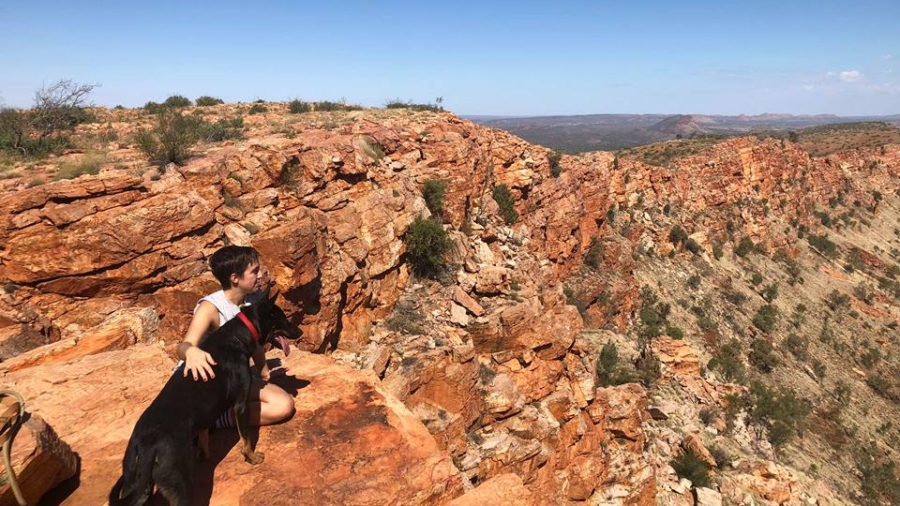
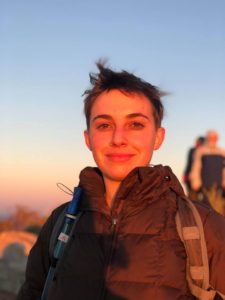

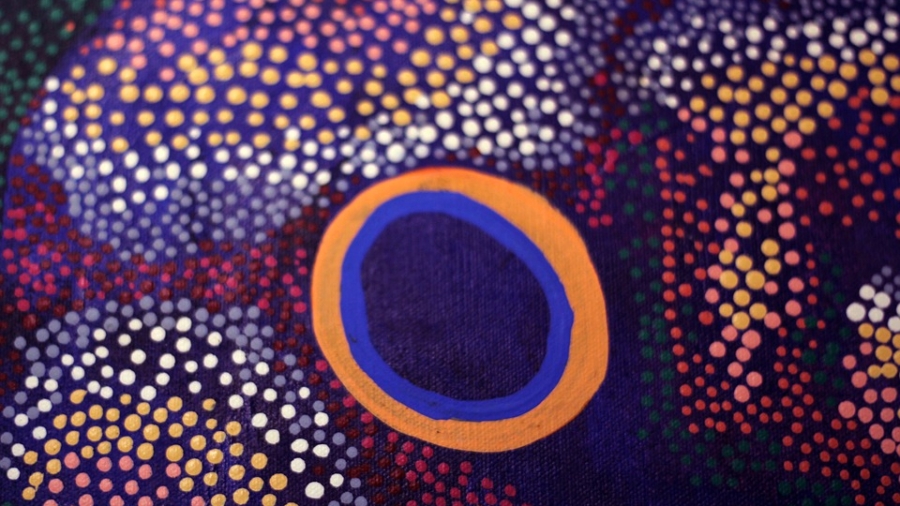
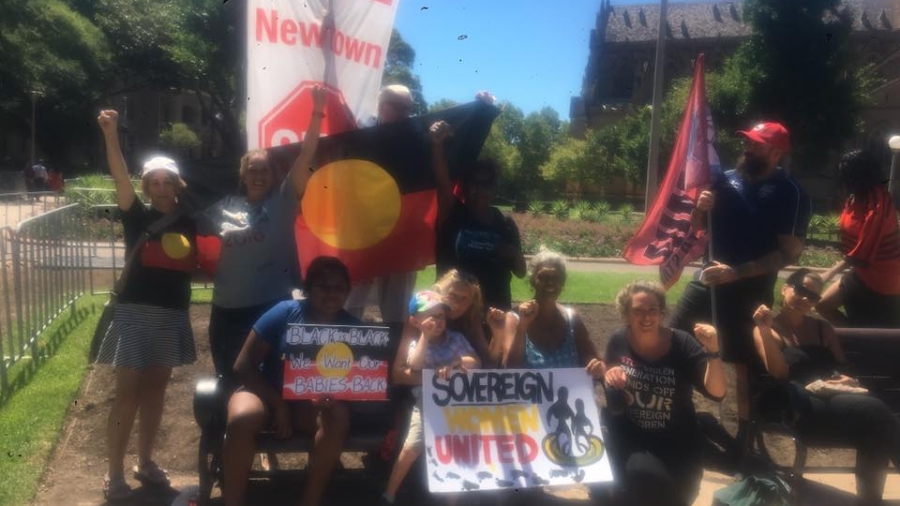
 Driven by personal family interests as well as deeply held values and a commitment to self determination, Sami shares the ingredients that have made practising Indigenous policy and advocacy work successful as a non-Indigenous woman. Social work students considering their future placements will find this episode invaluable and current non-indigenous practitioners will discover pearls of wisdom for standing alongside our Indigenous brothers and sisters for recognition and justice.
Driven by personal family interests as well as deeply held values and a commitment to self determination, Sami shares the ingredients that have made practising Indigenous policy and advocacy work successful as a non-Indigenous woman. Social work students considering their future placements will find this episode invaluable and current non-indigenous practitioners will discover pearls of wisdom for standing alongside our Indigenous brothers and sisters for recognition and justice.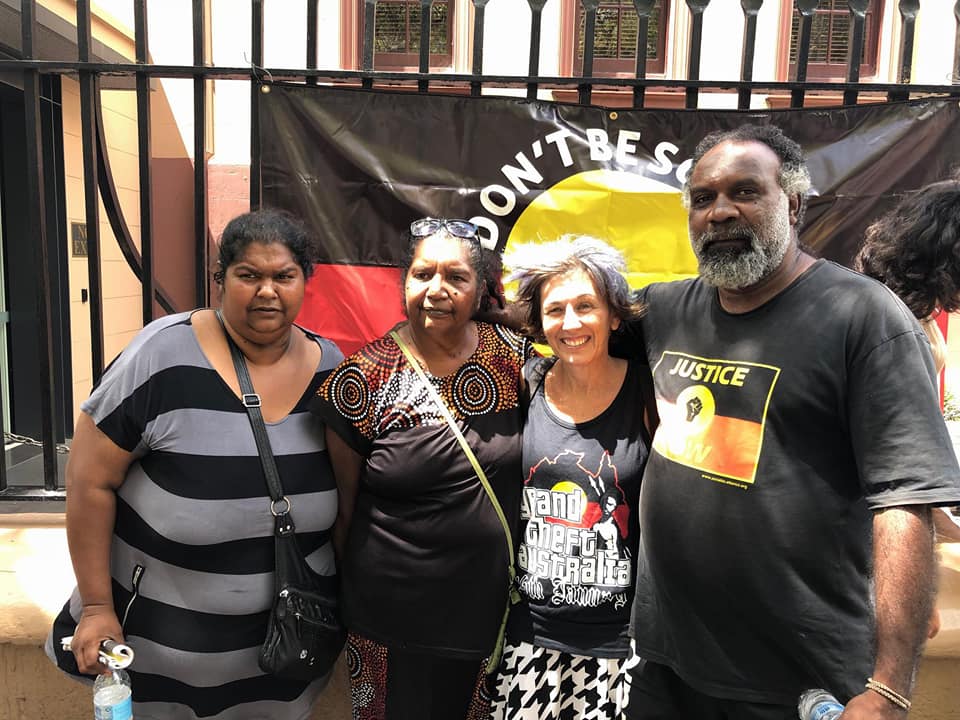
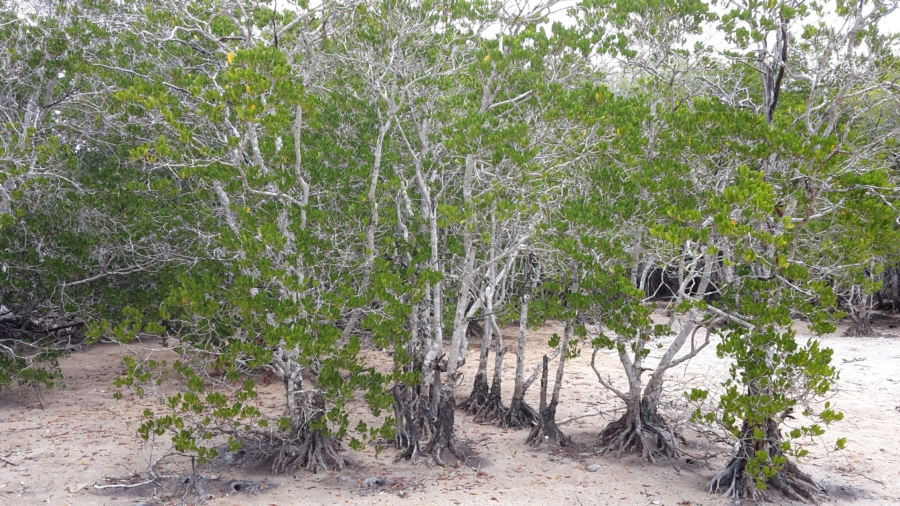

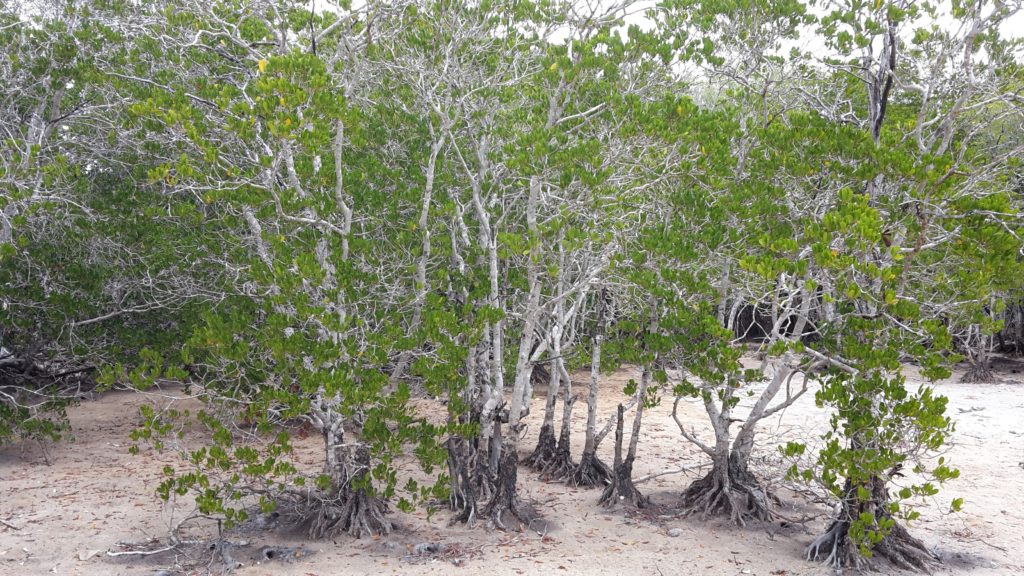
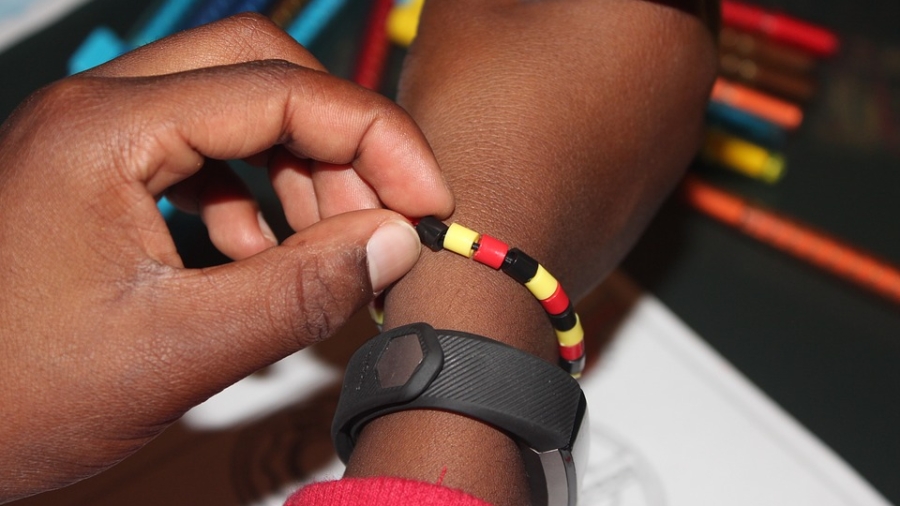
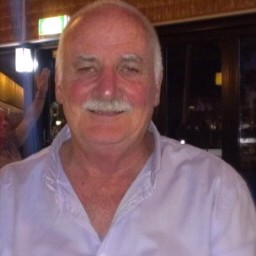 Today’s conversation on ‘Talk The Walk’ has many gems, but particularly for counsellors and social workers interested in developing an evidence based program that is also culturally safe. Doug Dunlop is a senior counsellor with the ‘Holding Children Together’ program based in Alice Springs and working with surrounding town camps. Doug is part of the team leading a rigorous evaluation process, developed and mentored by the Australian Childhood Foundation and a Cultural Advisory Group. In episode 17 of Talk the Walk, we also get a glimpse into the man behind the work; his historical roots, his life experience, the values and principles he brings to his trauma-informed, culturally-safe practice framework.
Today’s conversation on ‘Talk The Walk’ has many gems, but particularly for counsellors and social workers interested in developing an evidence based program that is also culturally safe. Doug Dunlop is a senior counsellor with the ‘Holding Children Together’ program based in Alice Springs and working with surrounding town camps. Doug is part of the team leading a rigorous evaluation process, developed and mentored by the Australian Childhood Foundation and a Cultural Advisory Group. In episode 17 of Talk the Walk, we also get a glimpse into the man behind the work; his historical roots, his life experience, the values and principles he brings to his trauma-informed, culturally-safe practice framework.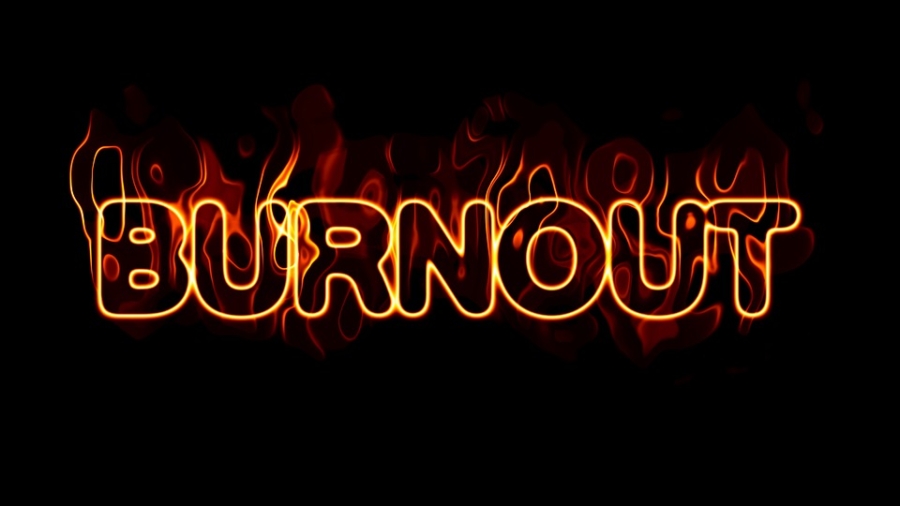
 If you work in the area of trauma counselling, chances are you have an organisation or colleagues keeping a watchful eye out for the first signs and symptoms of burnout or vicarious trauma.
If you work in the area of trauma counselling, chances are you have an organisation or colleagues keeping a watchful eye out for the first signs and symptoms of burnout or vicarious trauma.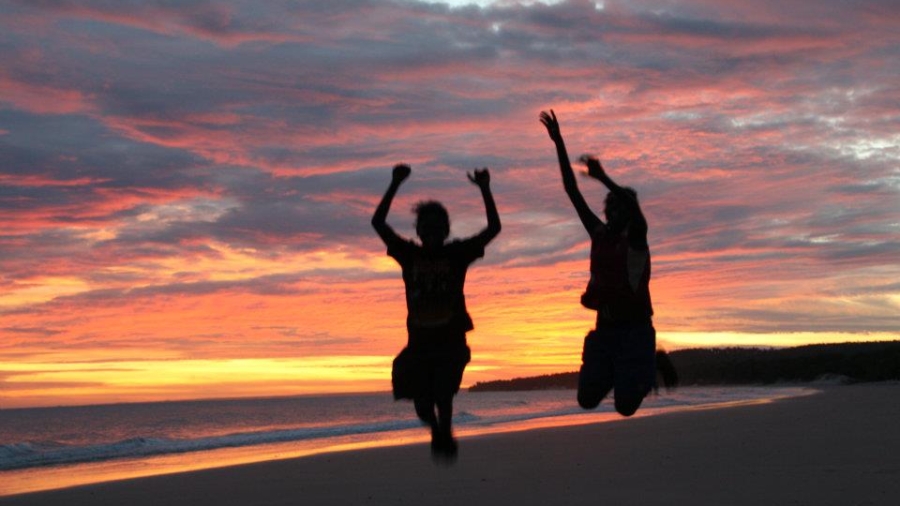
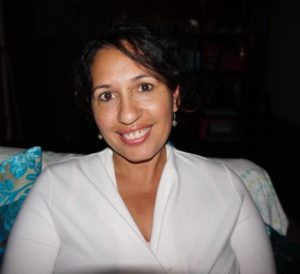 What a delight it was to be speaking with Tileah Drahm-Butler this week on ‘Talk the Walk’, about her journey into narrative therapy and her approach to working with Aboriginal and Torres Strait Islander people. Tileah’s passion for social work and giving Aboriginal people a voice shines through in this conversation. We also gain insight into the woman behind the work and the long list of inspiring women in her family that stand behind her.
What a delight it was to be speaking with Tileah Drahm-Butler this week on ‘Talk the Walk’, about her journey into narrative therapy and her approach to working with Aboriginal and Torres Strait Islander people. Tileah’s passion for social work and giving Aboriginal people a voice shines through in this conversation. We also gain insight into the woman behind the work and the long list of inspiring women in her family that stand behind her.